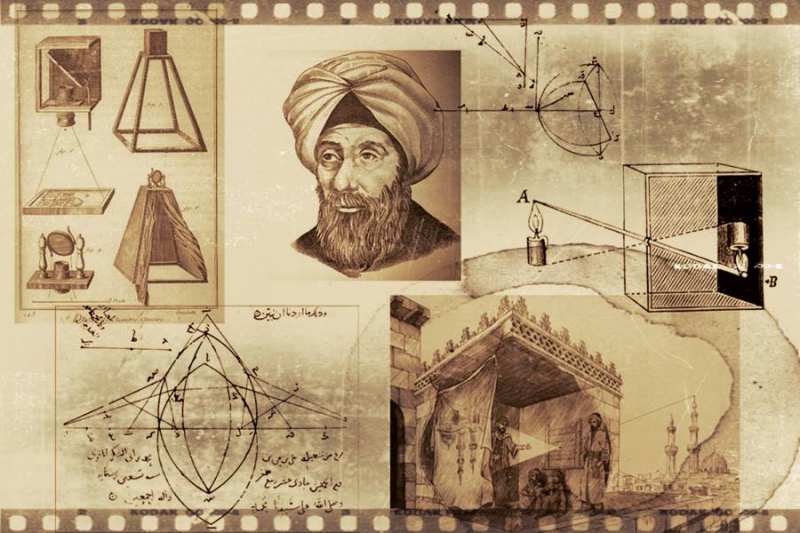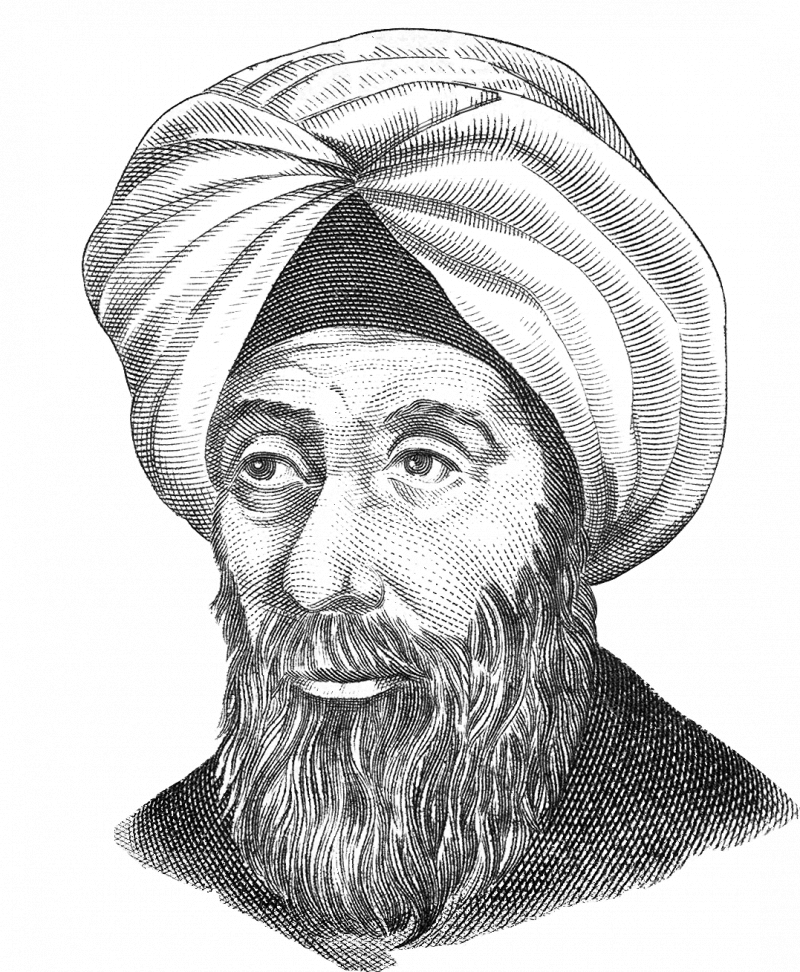Ibn Al-Haytham
The 13th-century English scientist and philosopher Roger Bacon is frequently credited with creating the modern scientific method. While he undoubtedly played a crucial part in popularizing the idea among European intellectuals, he wasn't the first or even the second person to think of it. Ibn Al-Haytham, an Islamic polymath, created the scientific method more than two centuries earlier, which is the activity of speculating, observing, conducting experiments, and peer evaluating any scientific conclusion to assess its veracity.
Haytham might as well be one of history's most significant scientists because he was born in the 10th century at the height of the Golden Age of Islam, a period of nearly five centuries marked by enormous cultural, economic, and scientific advancement in the Islamic world. He was the first to apply the scientific method to validate his findings, and many other scientists of the time quickly adopted it.
But that's not all; he also contributed significantly to the realms of optics and medicine. For instance, he was the first scientist to recognize that external sources of light, not the light created by our eyes, which was a commonly held idea at the time, are what cause vision.
Born: c. 965 (c. 354 AH) Basra, Buyid Emirate
Died: c. 1040 (c. 430 AH) (aged around 75)Cairo, Fatimid Caliphate
Known for: Book of Optics, Doubts Concerning Ptolemy, Alhazen's problem, analysis, Catoptrics, horopter, intromission theory of visual perception, moon illusion, experimental science, scientific methodology, animal psychology












